
Ghana is yet to comply with the Abuja Declaration that mandates West African governments to spend a minimum of 15 per cent of their annual budgetary resources on the health sector.
Mr Adamu Mukaila, Civil Society Advisor to SEND-Ghana, who made this known said there were numerous challenges facing healthcare delivery in the country and urged the Government to make budgetary allocation to the health sector a priority to help resolve these problems.
Speaking at a two-day workshop on the USAID funded People for Health (P4H) project, organised by the Ghana News Agency (GNA), at Aburi in the Eastern Region, Mr Mukaila said challenges confronting healthcare delivery could be addressed if all hands were on deck.
The five-year P4H project, which spans March 2016 to March 2021, would ensure improved access to quality health service delivery for citizens in 20 districts selected from; Greater Accra, Eastern, Northern and the Volta Regions.
The project also seeks to strengthen organisational and institutional capacities of governments and civil society organisations (CSOs) for mutual accountability in health under six broad areas namely; Malaria, HIV and AIDS, Maternal Mortality, Water, Sanitation and Hygiene, Family Planning and Nutrition.
Being implemented by a consortium of three organisations led by SEND-Ghana, a non-governmental organisation (NGO), with Penplusbytes another NGO and the Ghana News Agency as partners, the project thrives to leverage opportunities for change and build on consortium members’ existing good relations with local governments, district health management teams and the USAID ongoing initiatives in the health sector.
Mr Mukaila noted that poor attitude of health professionals had led to some patients being maltreated with a disregard to their human rights.
Enumerating some of the challenges facing the health sector, he observed that 41 per cent of Ghanaians were active National Health Insurance Scheme (NHIS) card holders whilst 66 per cent were exempted from paying annual fees, which “threatens the sustainability of the scheme”.
He mentioned the constant delays in the release of NHIS funds by the Ministry of Finance as the main cause for the delays in payment of claims as well as wastage and inefficient use of resources as a result of weak accountability mechanisms among other things.
Mr Mukaila said there were discrimination and stigmatisation against vulnerable groups such as the Key Populations (KPs) which include guys and lesbians, prostitutes and people living with HIV and AIDS.
He said stigmatisation, if not checked, could lead to an increase in the spread of sexually transmitted diseases.
He said some socio-cultural practices created conditions for stigmatisation and discrimination against KPs making it difficult for them to access health services, especially in the rural areas.
He said women and the youth, weak capacity of civil society and community-based organisations to demand accountability for quality service delivery, lack of awareness on the Patients’ Charter, service standards and key policy and programmes were challenges that hindered effective healthcare delivery.
“If civil society is strengthened in a way that increases citizen input into Ghana’s health and HIV development processes, then Ghana’s health system will be more participatory and responsive to the needs of the beneficiary population and our interventions will work towards achieving USAID goal of Equitable Improvements in Health Status,” he added.
Mr Mukaila envisaged that by the end of the project a critical mass of CSOs and communities in the targeted districts would have advocated inclusive and improved access to health services.
Dr Doris Aglobitse, the Programme Analyst for Communication and Resource Mobilisation, UNFPA, who facilitated the programme, said current statistics, especially on Maternal Health, Infant and Child Mortality, Malaria, and Malnutrition were very high and devastating in areas with very low health care coverage.
She, therefore, called for action to demand from government a commitment to stick to and fulfill its obligation of devoting 15 per cent of the national budget to health issues in line with the Abuja Declaration.
Mrs Yaa Oforiwah Asare-Peasah, the Head of Editorial of GNA, said the workshop, which would be repeated in the Eastern and Northern regions for Agency and Media, Communication and Advocacy Network (MCAN)members and health journalists, would promote community empowerment and improve reporting and tracking of diseases as far as the health and well-being of Ghanaians were concerned.
She said the country would not be able to sustain its achievements in the other sectors of the economy if the deficiencies in the health sector were not addressed.
She, therefore, encouraged the media to strengthen their advocacy role to educate the public and policy makers for a positive attitudinal change to ensure sustainable development.
Mr George Osei-Bimpeh, the Country Director of SEND-Ghana, expressed satisfaction with the partnership so far and pledged further support to facilitate the successful implementation of the project.
He urged the media to up their advocating and sensitisation role for the upholding of human rights in all spheres of life and to work had to ensure a successful health care delivery system.
Ms Juliet Amoah, the Project Manager for Penplusbytes, said her outfit was training a network of health service providers, citizens and KPs to use a technology platform to engage and send feedback to each other about access to and quality of health services.
The platform would provide information on the six key areas of intervention and secure the anonymity of users whilst reporting cases.
Ms Amoah said Penplusbytes, in partnership with the Commission on Human Rights and Administrative Justice, would appraise an online platform for reporting stigma and discrimination against people living with HIV and AIDS and KPs.
Mrs Linda Asante-Adjei, the P4H Project Manager of GNA, who took the participants through the MCAN project and said it would help journalists to effectively investigate and disseminate information to help KPs access good health services.
She explained that GNA’s reporters and MCAN members in the implementing districts would monitor commitments and compliance to standards by the health authorities.
“Our stories hold government accountable and at the same time make citizens to become conversant with the Patients Charter and the Code of Ethics to enable them demand what is rightfully due them,” she explained.
GNA
Read Full Story
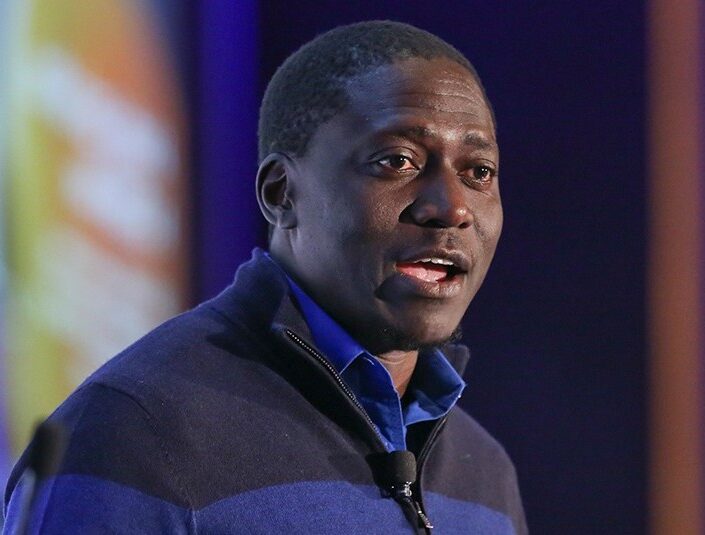
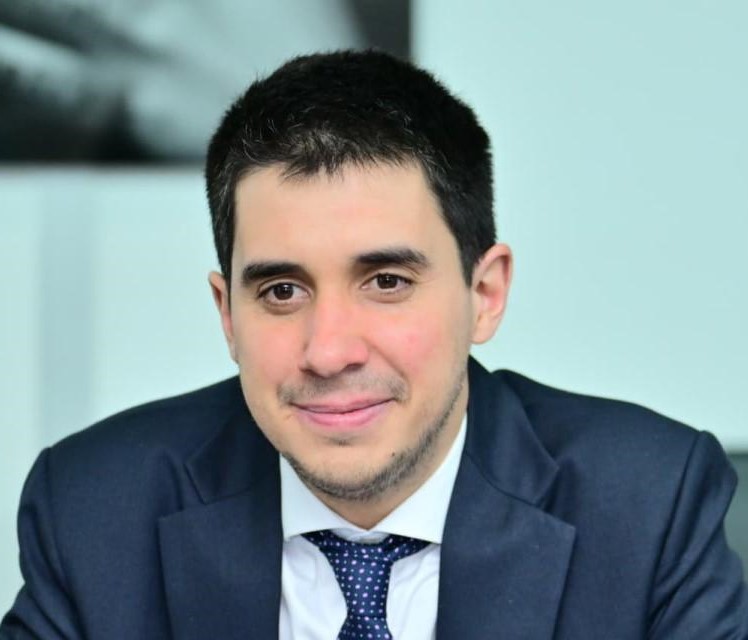
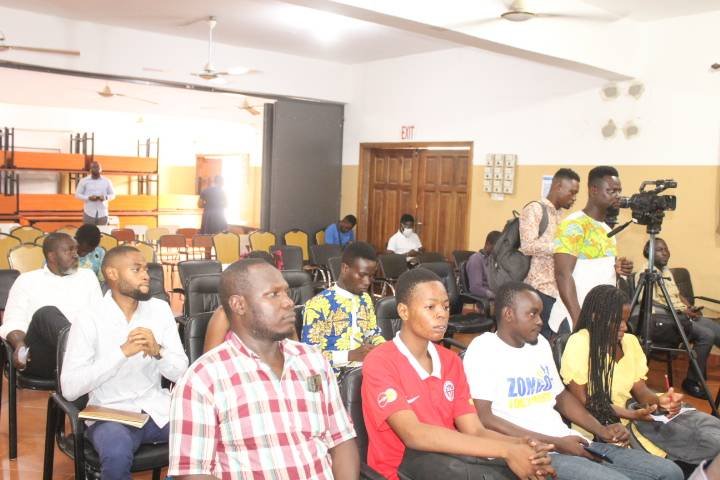
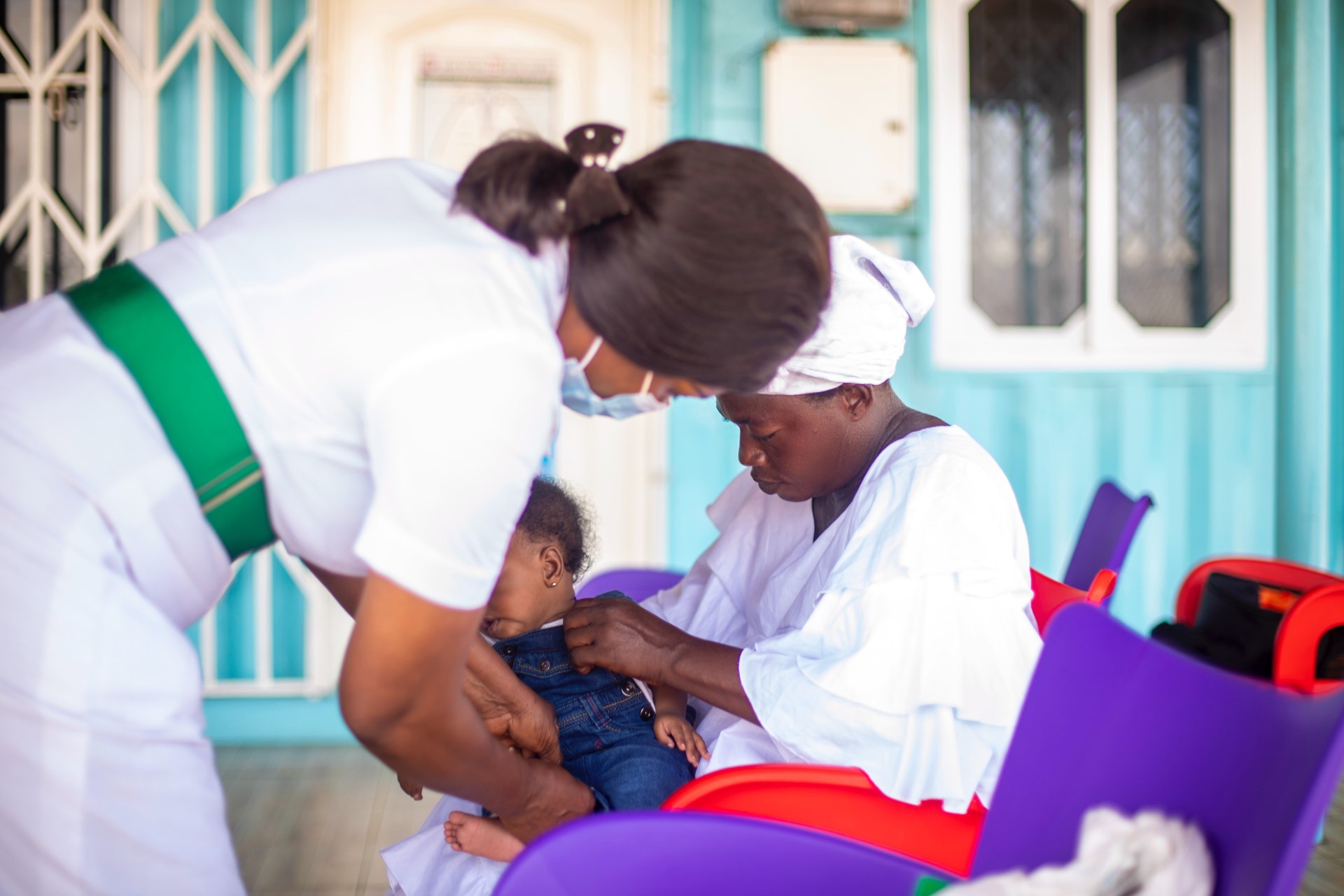







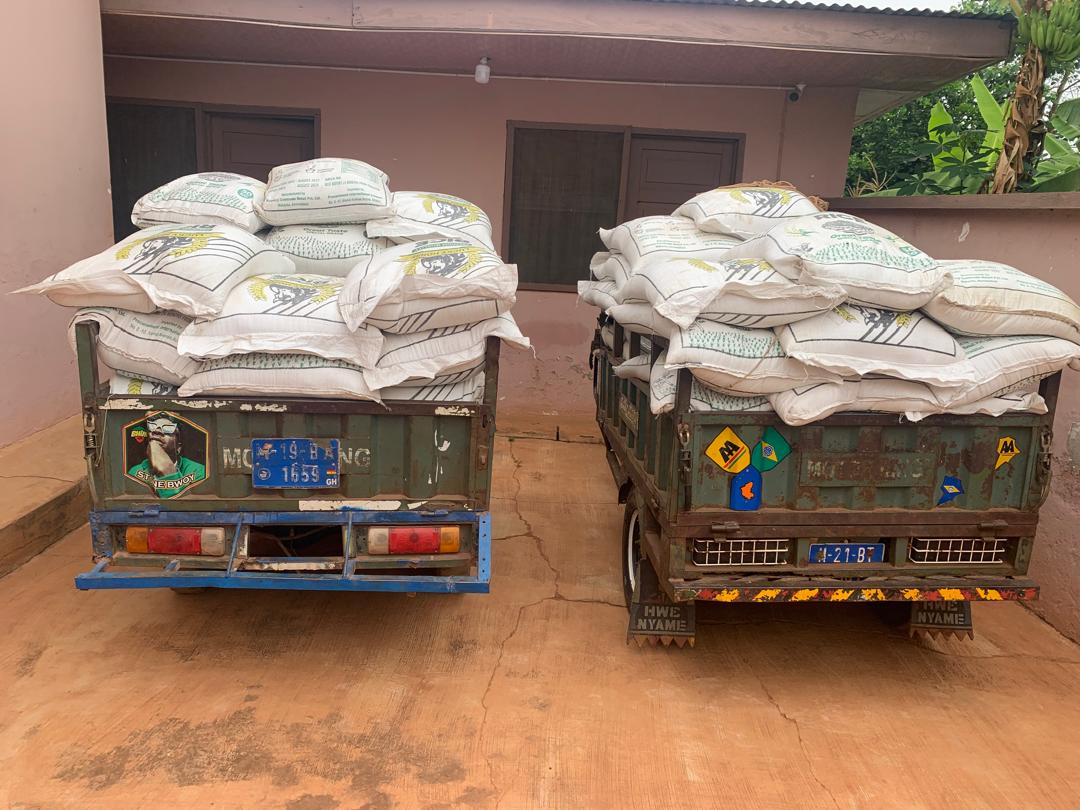
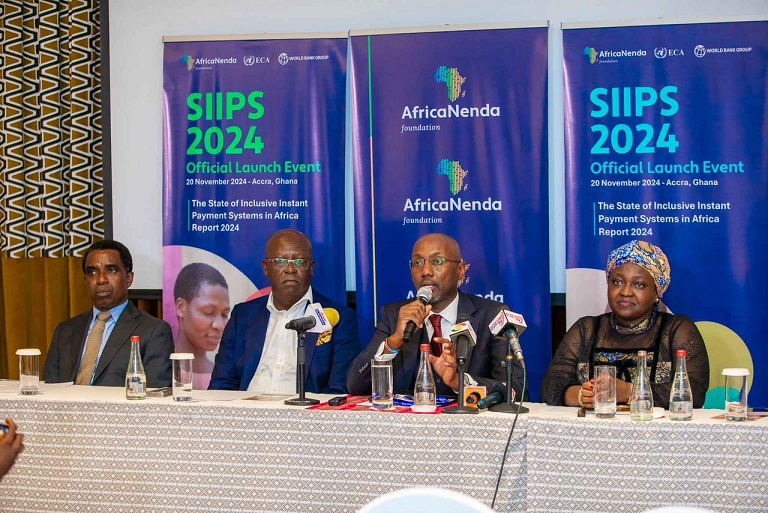

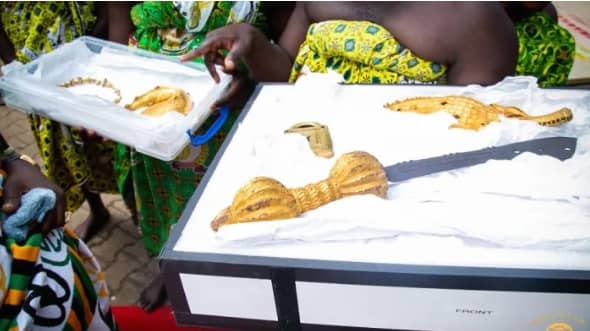

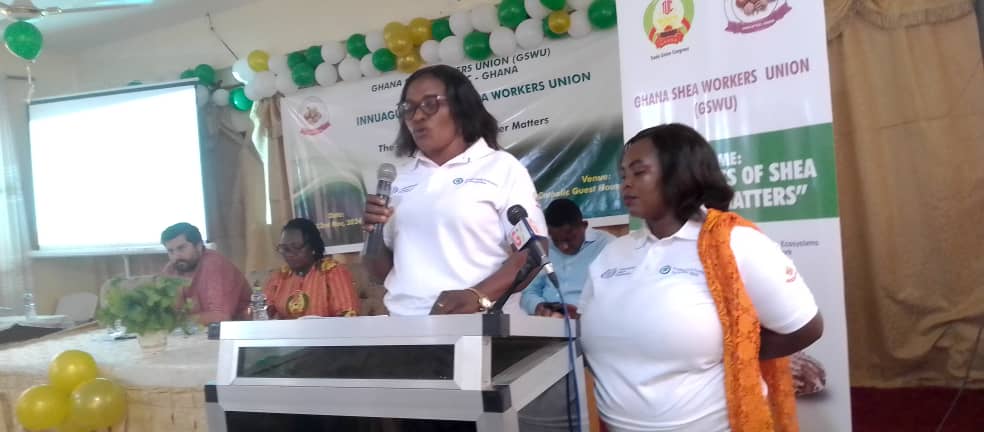
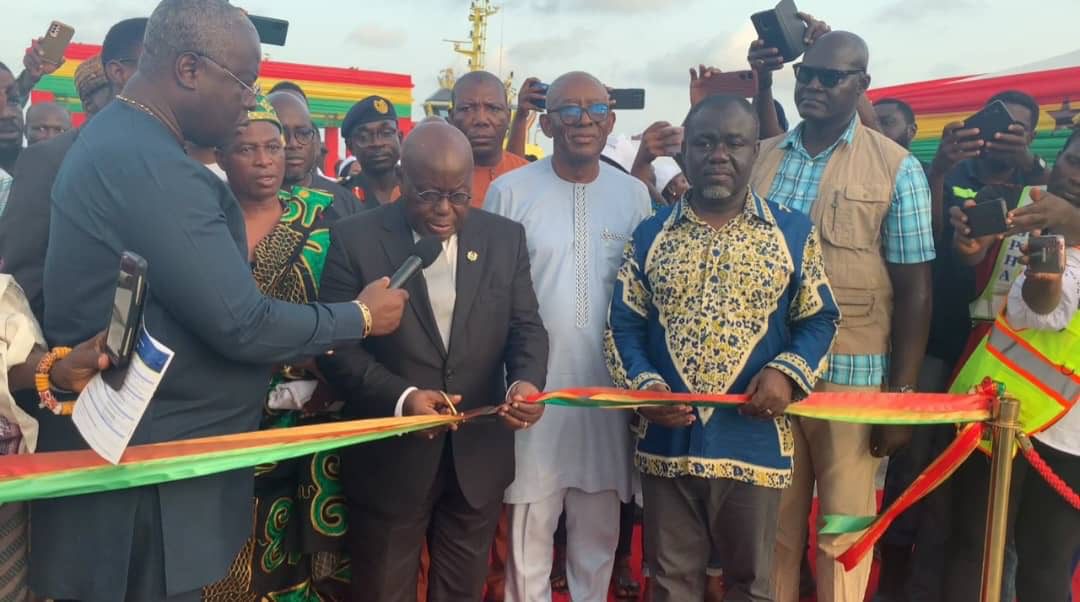
Facebook
Twitter
Pinterest
Instagram
Google+
YouTube
LinkedIn
RSS